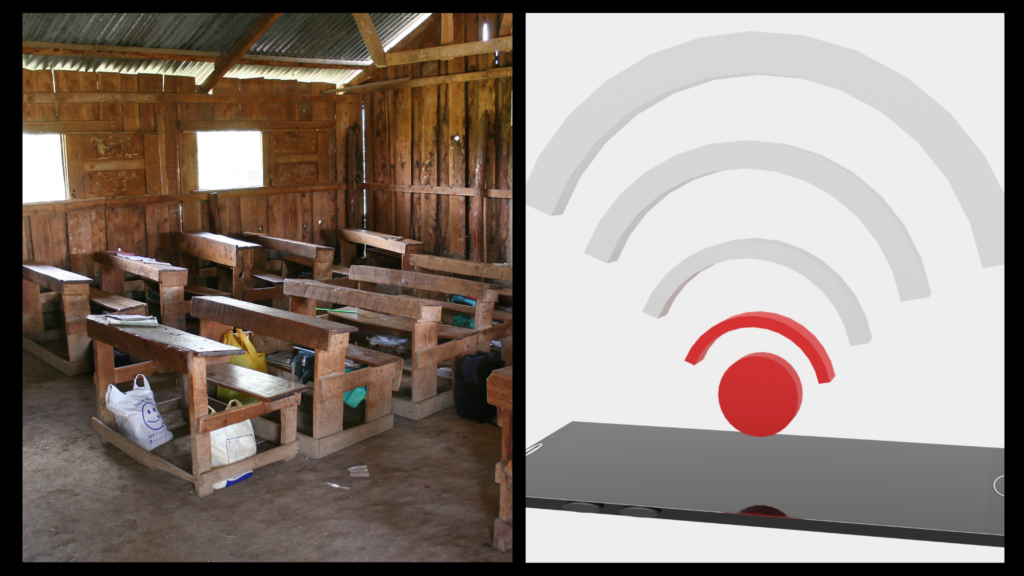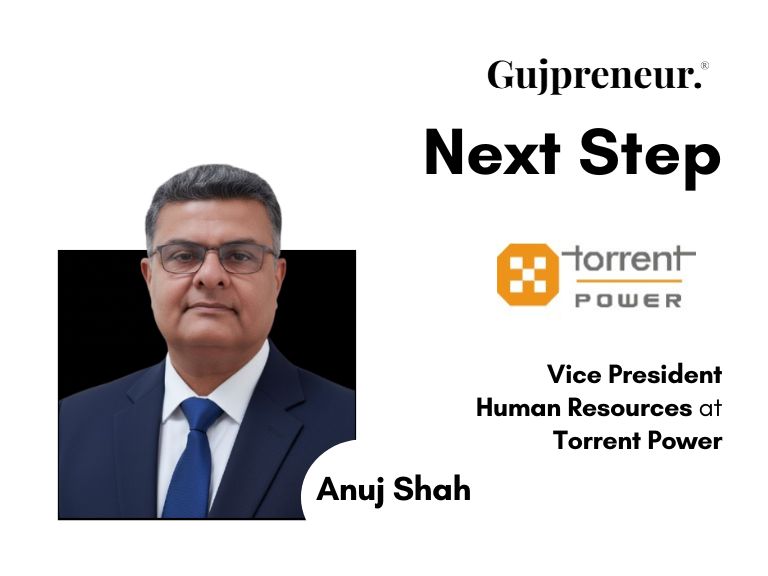A phone or tablet can be a teacher in a village classroom. That is happening across Gujarat now. Startups are moving literacy beyond school walls. They focus on reading, basic maths, digital skills, and teacher support. Many work from Ahmedabad, Vadodara, Surat, and Gandhinagar. Some serve tribal and rural pockets too. This guide shows how Gujarat’s edtech firms are changing learning. It focuses on real startups, their work, and measurable impact.
Why literacy still matters in Gujarat
Gujarat’s official figures list literacy near the late-2010s census level. The state’s literacy rate stood around 79% per government records. Gaps persist in some rural and tribal districts. Girls and adult learners often miss regular schooling. Literacy today includes reading, digital skills, and spoken English. Startups fill these gaps with low-cost tools and teacher support. Many services run offline modes for low-connectivity areas.
How Gujarat is adopting edtech for literacy
State schools now get digital resources and teacher training slots. Smart classrooms and digital libraries appear in more districts. Families use mobile apps for homework help and language practice. Coaching culture still exists, but low-cost apps are changing habits. Literacy now mixes reading and digital skills for employability.
EdTech startups in Gujarat making a difference
Education in Gujarat is not only shaped by government schools and coaching classes anymore. Local edtech startups are stepping in with tools, apps, and teaching models that fit both urban and rural needs. From math practice kits to AI-based school dashboards, these ventures are helping students learn better and teachers teach smarter. Here are Gujarat edtech firms that are active, real, and reachable.

Saarthi Pedagogy — Ahmedabad
Saarthi supplies an AI-backed LMS for schools. They map content to the new education policy. They report work with thousands of schools and over 1,000,000 students. Schools use Saarthi to run assessments and teacher dashboards.
Math Buddy — Vadodara (Hands-On Math Labs)
Math Buddy builds math labs and interactive software for schools. They combine physical learning aids like blocks, charts, flashcards, or objects with digital practice. Schools report higher engagement in grades 1–10 after adoption.
Flinnt — Ahmedabad (School LMS / Communication)
Flinnt provides a school communication app and LMS used by K-12 institutions. It helps teachers share lessons, attendance, and notes. Schools in Gujarat can use Flinnt for parent engagement and remote classes.
GyanLive — Gandhinagar / Gujarat-Wide
GyanLive runs live classes, test prep, and local language courses. Their apps and channels carry large Gujarati audiences. The app shows high download numbers and active local usage.
Pedagogy — Ahmedabad
Pedagogy began in Ahmedabad as a content and subscription platform for exam prep. In 2021, Vedantu acquired Pedagogy, validating its model and reach. The product helped many Gujarat students access affordable exam material.
TOPS Technologies — Vadodara, Rajkot, Surat, and Ahmedabad
TOPS Technologies runs coding, IT, and placement courses across Gujarat cities. Their wide centre network helps urban and smaller town learners access skill training. TOPS lists multiple Gujarat centres on its site.
Plutomen — Ahmedabad (Training For Frontline Work)
Plutomen uses AR and visual work instructions for skills training. Industries and vocational trainers use it to teach practical tasks and reduce travel needs. Their platform supports on-job learning in regional languages.

TechoKids — Vadodara (Coding For Children)
TechoKids offers live coding, robotics, and STEAM classes for kids. They operate from Ahmedabad incubation centres and run online cohorts state-wide. Their courses introduce basic reading and logic through projects.
LearnVern — Ahmedabad (Vernacular Courses)
LearnVern offers free and paid skill courses in Indian languages. Gujarat learners use it for job skills and basic digital literacy. The platform lists courses in regional languages and practical tech topics.
A village in Banaskantha, for example, can move from chalk to tablets when schools pair with a local edtech partner. Local NGOs and startups supply pre-loaded apps for offline use. Teachers use school dashboards to track reading progress. These models show fast, measurable gains when staff training is included.
Challenges and the road ahead
Even with progress, Gujarat still faces challenges in making edtech accessible to all. The first hurdle is the digital divide. Many rural families still lack smartphones, computers, or steady internet. In some tribal belts, power cuts and weak connectivity stop students from using online classes. Cost is another roadblock; while apps like LearnVern or GyanLive keep prices low, paid subscriptions remain out of reach for low-income households.
Language is equally important. Most platforms focus on English or Hindi, while children in villages are more comfortable in Gujarati. Startups need to create simple, local-first content that teachers can easily integrate. To grow further, public-private partnerships, teacher training, and hybrid offline-online models will be critical for long-term literacy gains.

Conclusion
Gujarat is moving literacy beyond school walls. Startups bring flexible tools for learners and teachers. Many services work offline for low-connectivity areas. Local language content and math labs play an important role. Government support and school adoption speed roll-out. On Literacy Day, celebrate these real, local efforts, share them with teachers and parents. They help take reading and digital skills to every town and village. Gujarat’s edtech scene is not just tech for tech’s sake. It aims to make learning simple, local, and useful. Stay tuned with Gujpreneur for more!







